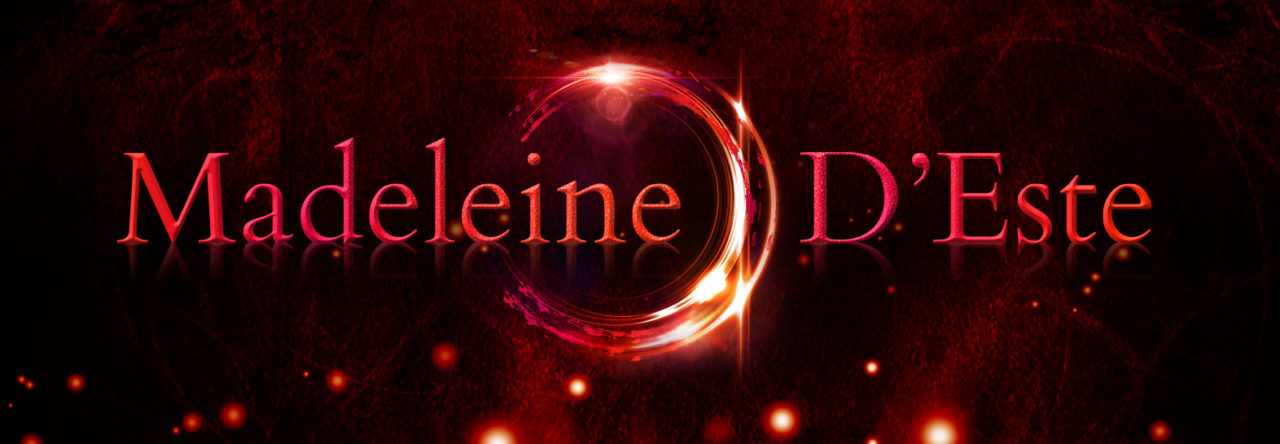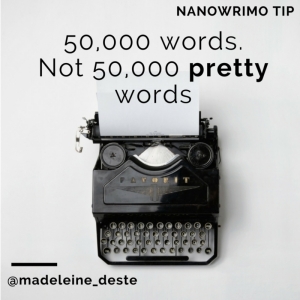Since listening to Shawn Coyne on The Creative Penn podcast, I’ve been obsessed with the Story Grid – advice for editing novels.
The Story Grid (book soon to be released) is a story design system and a step-by-step process for analysing and improving your writing. It teaches you to be your own editor. Definitely one for process-minded, plotter, spreadsheet nerds like me.
Shawn Coyne works closely with Steven Pressfield (of War of Art, which I blogged about in my recent post on Kicking Resistance in the nuts) and one of my recent completed reads was Steven Pressfield’s The Profession. While reading, I had one eye firmly on the Story Grid system, looking for the tips and structure outlined by Coyne. Luckily, The Profession is also a cracking read.
The Profession is set in the near future, following the story of Gent, a soldier for hire. The Middle East is a mess of corporations, tribal war lords and nation-states, all vying for supremacy and protecting their interests by hiring mercenaries. Gent, after years of warfare and campaigns, knows no other life.
I am a warrior. What I narrate in these pages is between me and other warriors. I will say things only they will credit and only they understand.
Gent works for a disgraced US General, Salter. His devotion to Salter is absolute. He loves this man and unquestioning, follows this man into anything.
Now, on the face of it, this is a book for blokes. It’s a geo-political thriller with gun fights and machinations, warriors and mercenaries and there’s a lot of gear porn in it. Loads of description about guns and bombs and helicopters. Information I skipped over.
Yet underneath the testosterone, there is something epic about this story, something mythic. I’m no historical scholar and Pressfield’s other works include Roman historical novels, but there was something familiar about the tale of Gent and his loyalty to Salter. It resonated. Is it based on a myth or is it completely original? I’m not sure and I don’t care. Richer than your average thriller, I was moved by Gent’s anguish as he faces the tests of his love and devotion to Salter and choosing right from wrong. It felt bigger than just blowing stuff up.
Back to the Story Grid, I flicked backwards and forwards between reading this for pleasure and looking for the elements of the Grid in it. One of the key elements of the Story Grid is internal and external value at stake. Although I was looking for the structure through out the book, this was a great example of the battle between the main character’s internal and external values. How the character changes through the story and how inner conflict and external conflict play out.
I recommend The Profession for an intelligent, fast paced read (and for writers, I recommend the Story Grid.)

Like this:
Like Loading...





